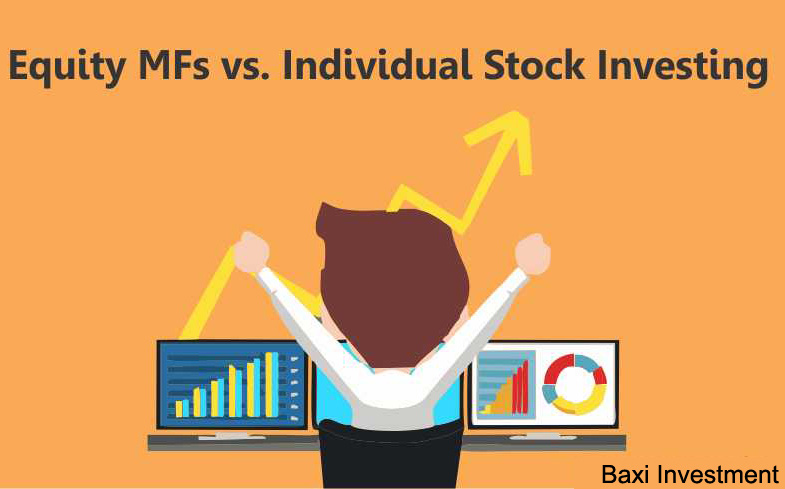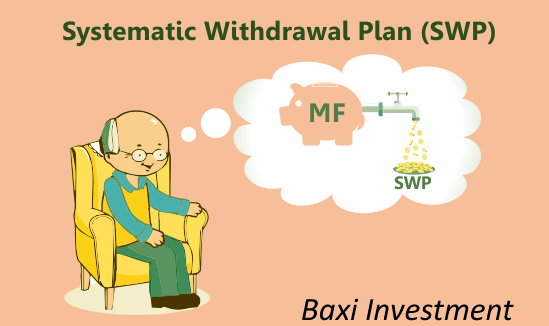- Hits: 1397
Make your salary day your SIP day
Don’t we all wait for the SMS alert informing us that our salary has been credited into our bank account? More than anything it is a reminder of the regular payments we have to do.
These could be utility payments-electricity and phone bills, EMIs for home or car loans, school fees, maintenance for society, insurance premium, credit card bills, and so on. Many of these payments can be automated and get debited directly from our salary accounts.

Once these payments are taken care of, the remaining money then gets spent on discretionary expenses - such as eating out, movies, shopping, a weekend trip out of town and so on. In the midst of this who has the time to think about saving? This is the mistake most of us commit. But it can be tackled if you automate your savings too, just like your regular payments.
Saving before spending
Keep legendary investor Warren Buffet’s words in mind: “Don’t save what is left after spending, but spend what is left after savings”. This is the key to wealth creation. And an easy way to invest in mutual funds is through Systematic Investment Plans (SIPs). The beauty of SIP is that you can automate it; make your salary day your SIP day. This way you can ensure that your investment is done the same day that you receive your salary. Let us see how.
Investing in mutual fund schemes through SIPs ensures that the investment is done regularly and periodically. If followed over a longer period, SIPs are a great tool in your journey towards wealth creation.
How SIPs work
A SIP is similar to a recurring deposit with the bank, where you deposit a fixed sum of money regularly on a specified date. The only difference in the case of a SIP, is that your money is invested in a mutual fund scheme that you choose and the returns clocked are variable, market-linked. Therefore, do note that mutual fund investments are subject to market risks.
If you make your payday your SIP day (the day the money is invested in the mutual fund) and select mutual funds schemes carefully, it can prove beneficial in achieving your financial goals.
You can choose from various categories of mutual funds (equity, debt, hybrid, solution-oriented, and others) offered by the fund house. Make sure you select mutual fund schemes that have proven track records of generating consistent returns across diverse periods and market cycles. Further, ensure the fund house follows robust investment processes and systems.
Depending on your convenience, you have the option to choose your SIP date, the amount, frequency of your regular investments - daily, monthly, or quarterly basis, and the SIP tenure. Your investments will be carried out via a NACH/ECS mandate, where on the chosen SIP date, the bank will debit your account and the money will get invested in the respective mutual fund scheme/s systematically. The process is simple to execute and you can register online through Baxi Investment.
The benefit of timing the SIP with your payday is that you know exactly how much surplus is in your account for the rest of the month. You can plan your discretionary expenses accordingly and ensure that your monthly budget stays on track. This brings in a discipline in your spending and savings and can help you attain life goals such as buying a home, a car, providing the best education to our children, getting them married, and living a stress-free retired life.
To start your SIP journey contact us today.

















